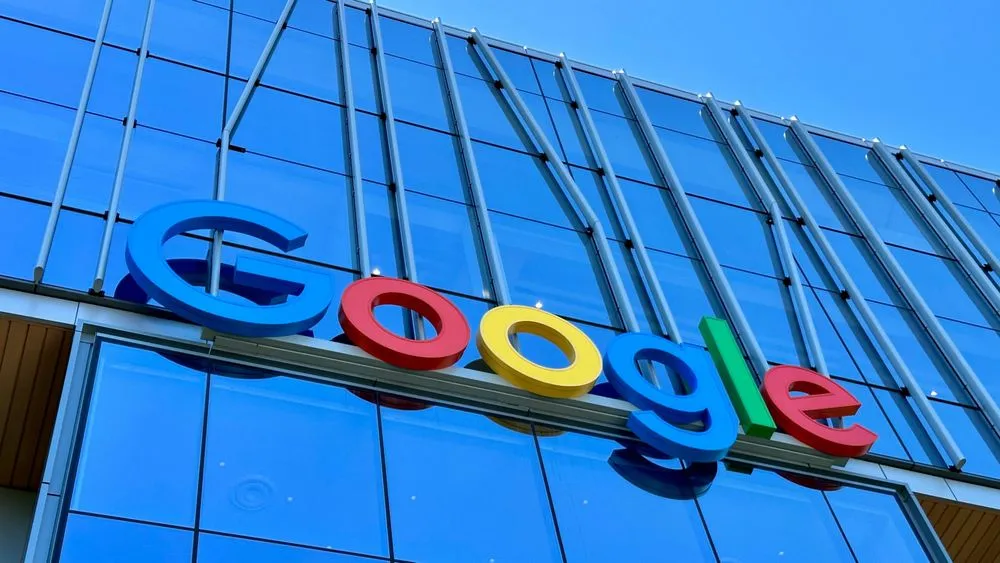Google hit with $425 million verdict in privacy class action suit
A federal jury on Wednesday awarded plaintiffs suing Google $425 million in damages, holding that by collecting the data of users who had switched off an app activity tracking feature the tech giant invaded the privacy of millions.
A class of 98 million people had alleged that Google for eight years collected, saved and used data extracted from their mobile devices in violation of its own privacy policy.
The jury determined that Google did not act with malice and did not award punitive damages. It also found that Google did not violate the California Comprehensive Computer Data Access and Fraud Act.
“Google is a voyeur extraordinaire,” the 2020 complaint filed by plaintiffs says. “Google is always watching. Even when it promises to look away, Google is watching. Every click, every website, every app—our entire virtual lives. Intercepted. Tracked. Logged. Compiled. Packaged. Sold for profit.”
A Google spokesperson did not immediately respond to a request for comment but told Reuters the company plans to appeal.
"This decision misunderstands how our products work," the spokesperson said. "Our privacy tools give people control over their data, and when they turn off personalization, we honor that choice.”
Privacy advocates called the jury’s decision important and noted that jury verdicts are rare in such cases because tech giants typically settle. They also called the award amount significant since it was not inflated by punitive damages, meaning the jury felt that Google’s actions themselves merited the $425 million figure even without considering damages punishing the company for malice.
“The jury found that Google did violate their promises and that whatever safeguards they had put in place technologically, it still represented a substantial privacy violation that warranted half a billion dollars in damages,” Alan Butler, executive director of the Electronic Privacy Information Center, said. “It's a huge verdict to win.”
Suzanne Smalley
is a reporter covering digital privacy, surveillance technologies and cybersecurity policy for The Record. She was previously a cybersecurity reporter at CyberScoop. Earlier in her career Suzanne covered the Boston Police Department for the Boston Globe and two presidential campaign cycles for Newsweek. She lives in Washington with her husband and three children.



